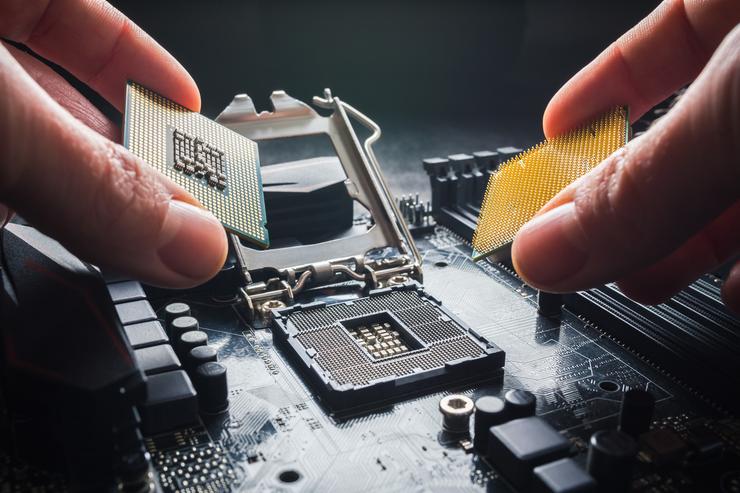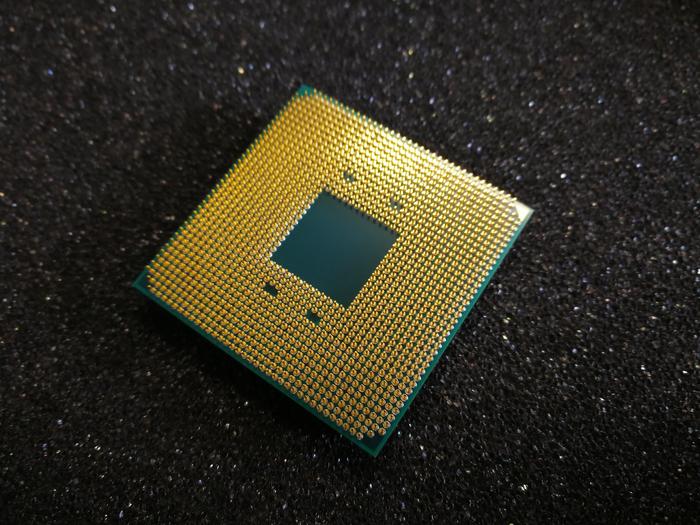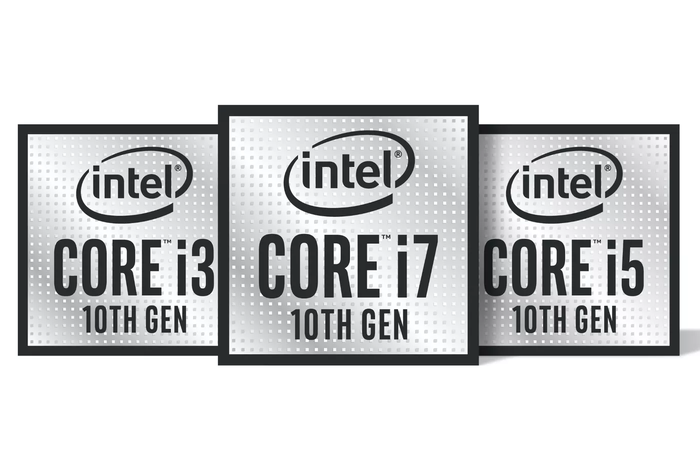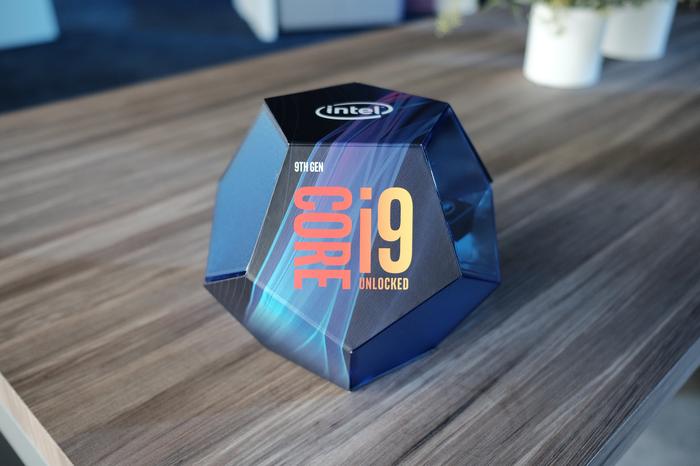Which processor is better in 2021? Can the AMD Threadripper compete with Intel’s Core i9? Which should you buy?

AMD has been unafraid to push back against the long-standing dominance of Intel in the CPU arena by talking up both the value-per-dollar and high-end performance delivered by their latest Ryzen hardware.
In late 2020, AMD debuted the fourth-generation of Ryzen-based Desktop CPUs including the high-end Ryzen 9 processor. AMD’s latest line of processors are primed to compete against Intel’s current Core i3, i5, i7 and i9 offering.
Let’s take stock and see how the two silicon heavyweights compare.
Which CPU is best: Intel or AMD Ryzen?
The Short Version?
In our opinion, many non-enthusiast PC builders will be better off buying a processor like the Intel Core i7-10700 even if it costs a little bit more than its closest Ryzen counterpart. However, if you’re looking for more grunt or want to crank the settings menu in Cyberpunk 2077 all the way to ultra without breaking the bank, AMD’s higher-end Ryzen processors are the way to go.
You’ll see many multi-page reviews on the internet with all kinds of benchmarks, complex overclocking scenarios and interminable technology-based theorizing regarding which is best but we’re taking a slightly different approach.
We’re taking things one at a time, and breaking them into discrete sections. If you want a big spreadsheet that shows the difference in clock speed between Intel and AMD Ryzen CPUs, we’ve got that. If you want a breakdown of the price-difference between AMD Ryzen and Intel CPUs, we’ve got that. If you want a benchmark-to-benchmark comparison, we’ve got that.
And if you’re the kind of person who just wants to buy the best CPU in terms of performance, features and value, we’ve got you covered too. The following buyers guide is all about getting to the difference in a nutshell between these two CPU options and helping you understand whether AMD or Intel is going to give you more bang for your buck.
AMD Ryzen — in a nutshell

The first wave of AMD’s mainstream Ryzen chips was split across three families: Ryzen 7, Ryzen 5 and Ryzen 3. The higher the numeral, the higher the spec of the processor. Simple enough, right?
This initial three-tiered approach also made it pretty easy to compare AMD’s Ryzen chips against the competition. The Ryzen 3 was an entry-level alternative to the Intel i3, the Ryzen 5 was a mainstream counterpart to the Intel i5, and the Ryzen 7 was pitched in opposition to the performance offered by an Intel i7.
Then, in 2018, AMD introduced their second wave of Ryzen CPUs. Relying on a new 12nm manufacturing process and Zen+ architecture, this second series of Ryzen CPUs was broken out into four families. The Ryzen 3, Ryzen 5 and Ryzen 7 all returned. This reincarnated Ryzen family offered higher boosted clock speeds, reduced power consumption
This time around, AMD also topped out the range with a set of ultra-high-end CPUs called the Threadripper.
Where the mainline Ryzen range offers an impressive 8 cores and 16 threads, the Threadripper series starts at 12 cores and 24 threads and goes all the way up to 32 cores and 64 threads. It’s wild.
The extra processor cores offered by Ryzen compared to Intel’s Kaby and Coffee Lake CPUs means that certain tasks will run MUCH faster. If you do a lot of 3D rendering/video encoding or any of your favourite games run better on multiple cores (few do, but some popular titles like Battlefield 1 and Civ are included in the short-but-growing list) then the extra money is well worth paying. The extra cores can also help with video game streaming on services like Twitch.
In late 2019, AMD updated their Ryzen portfolio. However, they didn’t just upgrade the Ryzen 3, 5 and 7. They also introduced a new option to the range: the Ryzen 9.
If you’ve been noticing more fanfare around AMD in the last six months or so, the Ryzen 9 series is probably the reason why. In his review, Gordon Mah Ung called the chipset ‘historic’ for AMD and said that “With the 16-core Ryzen 9 3950X, AMD is essentially running down the field, spiking the ball.
Intel Core – In a nutshell

Generally speaking, Intel Core i7 CPUs perform better than Intel Core i5 CPUs, which are in turn better than Core i3 CPUs. A Core i7 does not have seven cores nor does Core i3 have three cores. The numbers are more of an arbitrary way to distinguish between their relative processing powers than a specific designation based on core count or clock speed or anything technical like that.
There’s also the Intel Core i9 to consider. Introduced in 2017, the Core i9 series is a super-high end range of processors that boasts incredibly high thread and core-counts. The top-end Core i9-7980X touts 18-cores (clocked at 2.6Ghz) and can handle 32 threads at once while the cheapest option – the i9-7900X boasts 10 cores (capable of serving 20 threads) and a base clock speed of 3.3GHz.
Unfortunately, as fearsome (and appealing) as those numbers might sound, most modern software isn’t really ready to make use of these capabilities – especially in the gaming space. They’re also quite expensive compared to the rest of the lineup. In many respects, they’re more analogous to AMD’s Ryzen Threadripper CPUs than they are Ryzen 9 CPUs.

So while i7s and i9s do offer higher performance than i3s or i5s, whether or not that they’ll be better for you really does ultimately depend on what you’re using your PC for and how much you can afford to spend.

